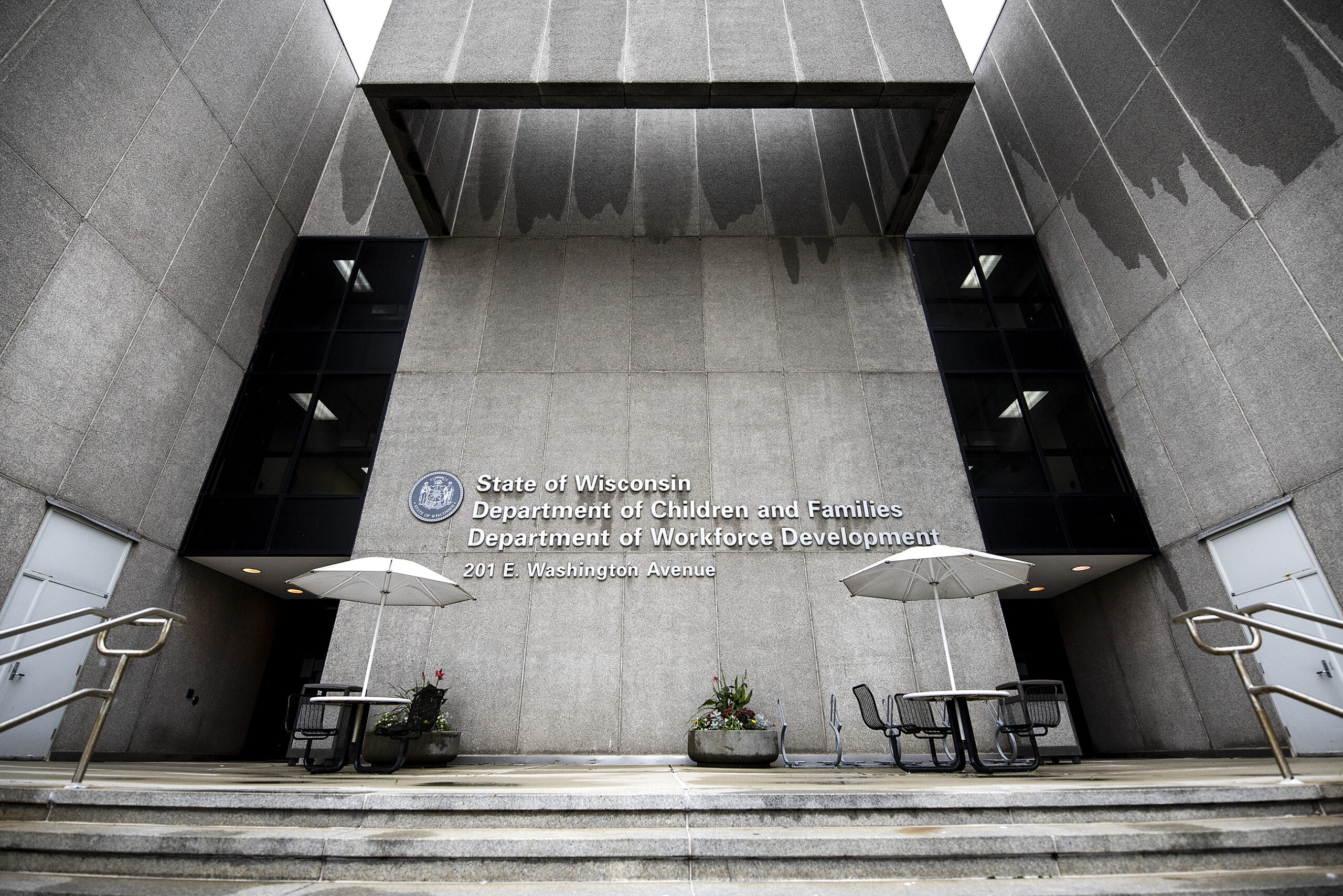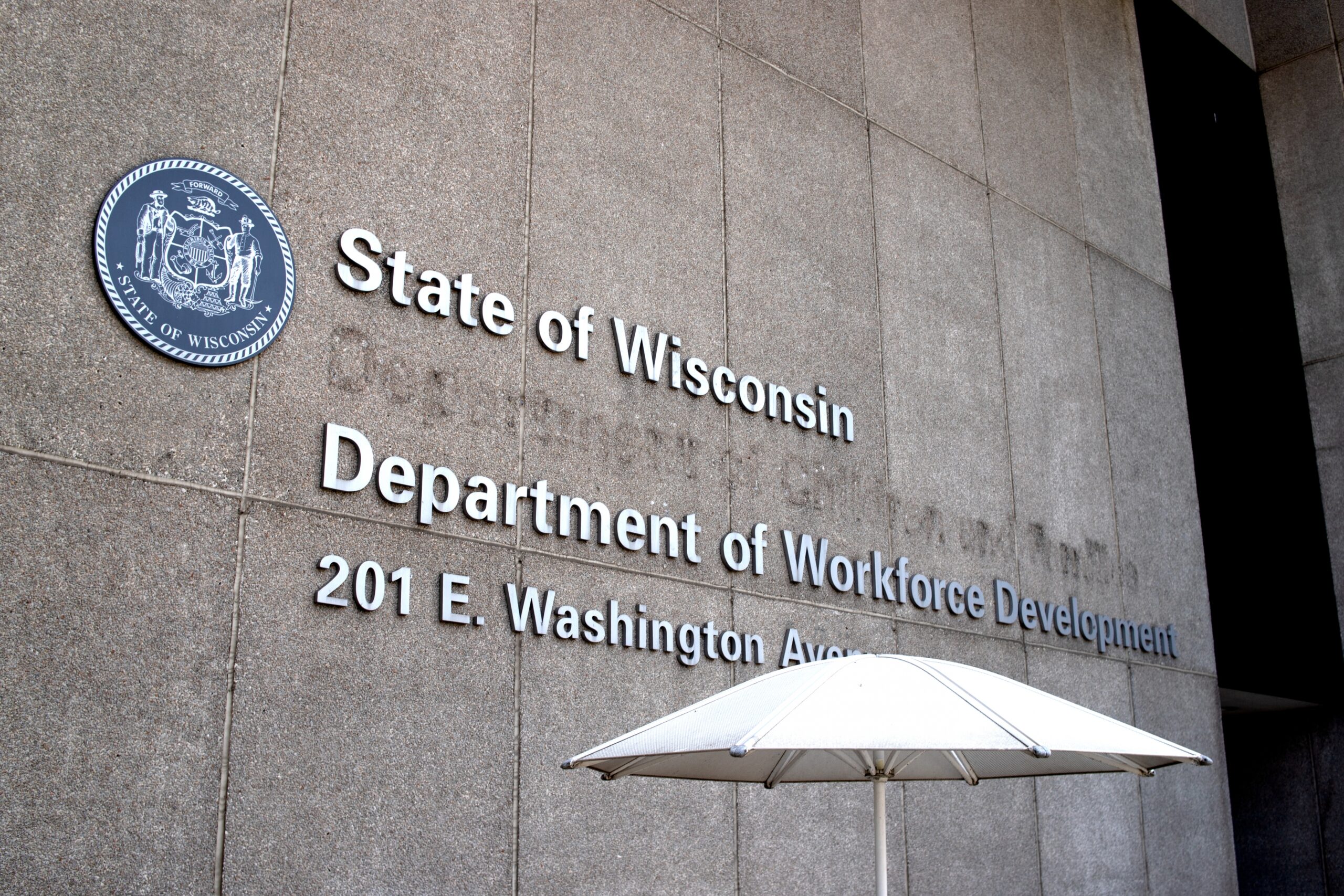The Joint Finance Committee approved a slew of changes introduced by Republicans into the state budget today.
Unemployment benefits would be cut, employer taxes would go up and state taxpayers would help offset a deficit in Wisconsin’s unemployment fund under the new measures.
For decades, a council split between labor and management representatives has managed Wisconsin’s unemployment insurance fund. The plan that passed the legislature’s budget committee would be a major departure from that. It includes ideas that never gained consensus in the council, including something called a “substantial fault” standard that makes it easier for employers to deny benefits to workers they fire.
News with a little more humanity
WPR’s “Wisconsin Today” newsletter keeps you connected to the state you love without feeling overwhelmed. No paywall. No agenda. No corporate filter.
Democrats called the plan a sneak attack. Cory Mason (D-Racine) told Republicans they were kicking people while they were down.
“We invented unemployment insurance in this state. And I think it betrays the work of that good legacy to sneak this policy through the budget like this.”
The state estimates the changes approved by the committee will reduce benefits paid to unemployed workers by $37 million over the next two years. The plan would also restructure the way unemployment taxes are collected, increasing overall employer taxes by $32 million a year going forward.
And a provision championed by state Sen. Joe Leibham (R-Sheboygan) would set aside up to $30 million in state taxpayer funding to pay off interest employers owe the federal government.
“This is an opportunity for us to use cash that’s available here at the state to help those job creators in our state get through this interest payment.”
All told, the changes that passed on a party line vote would eliminate the deficit in Wisconsin’s unemployment insurance fund in 2014 instead of 2015. While some of these ideas have been simmering for several months now, today was the first day this plan was formally introduced and debated by lawmakers.
Wisconsin Public Radio, © Copyright 2025, Board of Regents of the University of Wisconsin System and Wisconsin Educational Communications Board.






